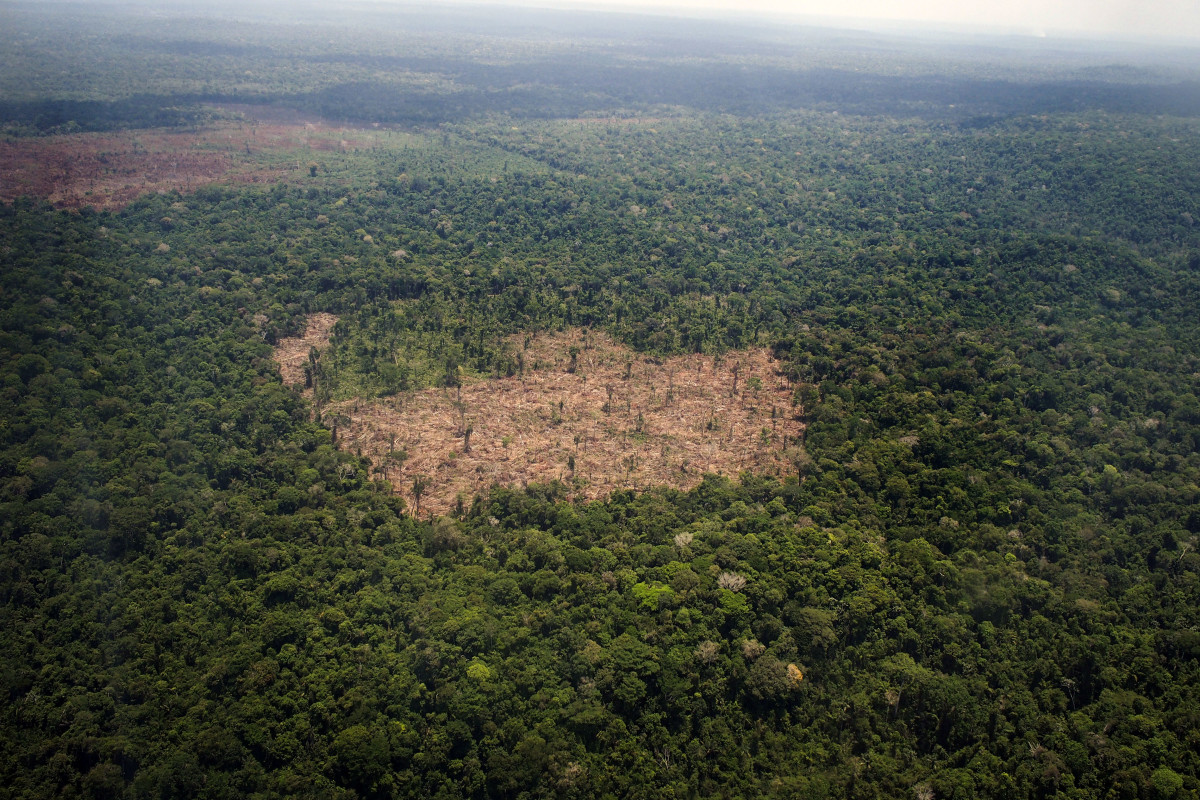Environmentalists fear that 2019 will be one of the worst years in terms of deforestation in recent history
The rate of deforestation of the Brazilian Amazon rose last month to the highest May level since the current monitoring method began. The Brazilian Amazon is the largest tropical rainforest in the world, a vital oxygen supplier and carbon sequestration that lost 739 km over 31 days – the equivalent to two football fields every minute – according to the government’s satellite monitoring agency.
The numbers are causing concern that President Jair Bolsonaro is offering a free pass to illegal logging, farming and mining. And unless the government sends a clear signal that it will not tolerate further acceleration, environmentalists are afraid that there will be an increase in the following months, which could make 2019 one of the worst years of deforestation in recent history. Carlos Souza from the independent monitoring group, Imazon, stated:
“The government can’t deny these numbers from their own agency. The question now is what they’ll do about it. By the end of July, we’ll have a clear idea of the impact of recent moves to dismantle environmental policies.”
Since the far-right Bolsonaro came to power in January, the ministry of the environment was weakened due to loosening the controls on economic exploitation of the Amazon, has stopped indigenous land demarcation, and encouraged the expansion of mining and agricultural interests in the region.
Carlos Rittl, the executive secretary of the”Climate Observatory”, an NGO formed by a coalition of environmental groups stated:
“The spike in deforestation is depressing, but hardly surprising: you have a government in Brazil who is dismantling nearly every environmental policy put in place since 1992 and who is harassing federal environmental agents, thus empowering environmental criminals. However, we must wait and see how it will behave in June.”
Source: theguardian.com



